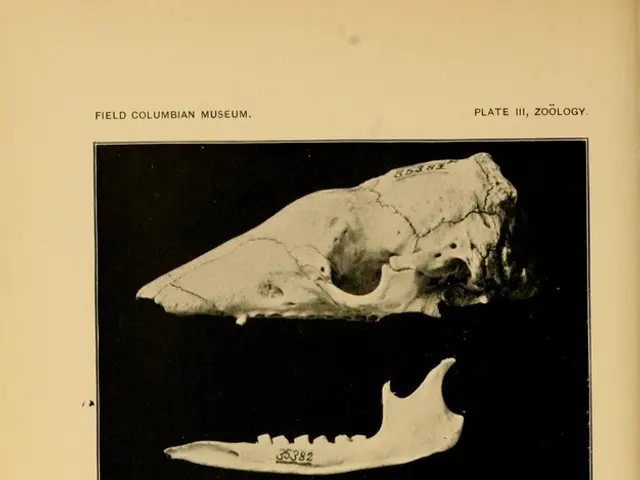Government introduces data system to boost medical artificial intelligence capabilities
In a significant stride towards advancing medical artificial intelligence (AI) research, Taiwan has launched a clinical data verification and certification system [1]. This system, overseen by the Ministry of Health and Welfare, aims to ensure that AI algorithms are trained on localized, high-quality clinical data that reflect Taiwan's population and medical conditions.
Purpose
The primary objective of this system is to enable medical AI models to be trained and validated using certified, indigenous clinical data in Taiwan [1]. The goal is to avoid the limitations of AI models that perform well in one demographic but fail in others due to differences in disease prevalence, demographics, or healthcare disparities.
Benefits
The benefits of this system are manifold. It promises to improve the accuracy and reliability of AI diagnostic tools and predictive models within the Taiwanese healthcare context [1]. By reducing algorithmic bias, particularly biases arising from overrepresentation of certain privileged or urban populations, it can ensure that AI performs equitably across the country.
The system also enhances collaboration between clinical data centers at multiple major hospitals, allowing broader data coverage while maintaining privacy and certification standards [1]. This collaboration could lead to accelerated development and validation of bespoke medical AI solutions, potentially improving patient outcomes and clinical workflow efficiency.
Implications for Medical AI Research and Bias Reduction
The system fosters the development of medical AI that generalizes well across Taiwan’s diverse patient groups, minimizing the risk that AI tools are only accurate for subsets of the population or based on non-representative datasets [1]. By providing certified data for AI training, the platform sets a standard that can boost confidence among clinicians and regulators about AI diagnostics and therapy support systems.
Moreover, the system facilitates federated learning, a machine learning method that enables AI model training on decentralized data without compromising patient privacy, further strengthening data security and trust [1]. This approach could serve as a model for other countries or regions seeking to balance AI innovation with data integrity and bias mitigation in healthcare.
The system, launched in Taipei [1], features an inter-hospital data comparison function and a federated learning model. The Department of Information Management and the Food and Drug Administration jointly subsidized clinical data centers at Taichung Veterans' General Hospital, Kaohsiung Chang Kung Memorial Hospital, Tri-Service General Hospital, and Far Eastern Memorial Hospital [1].
At the system's launch event, Lee Chien-chang, Director of the Department of Information Management, spoke about the importance of rigorous and standardized verification of clinical data integrity for the nation's medical AI development [1]. Secretary-General Liu Yu-chuan of the Ministry of Health and Welfare emphasized the need to train medical algorithms on indigenous data to avoid AI bias in "smart" medicine [1].
In contrast to other sources discussing unified clinical trial data platforms, electronic verification services for the electronics industry, or legal frameworks on data protection, the Taipei Times article from July 2025 provides a recent and authoritative overview of this specific clinical data system for medical AI in Taiwan [1]. The article was written by Jonathan Chin and published by CNA.
[1] Chin, J. (2025, July). Taiwan Launches Clinical Data Verification and Certification System for Medical AI. CNA. https://www.cna.asia/news/articles/taiwan-launches-clinical-data-verification-and-certification-system-for-medical-ai
The new clinical data verification and certification system in Taiwan, aimed at improving the accuracy of AI diagnostic tools in the context of local medical conditions, also fosters collaboration between hospitals and reduces bias by training AI algorithms on indigenous data [1]. This system, reiterated by Lee Chien-chang and Secretary-General Liu Yu-chuan, can set a precedent for other regions in balancing AI innovation, data integrity, and bias reduction in the realm of health and wellness, further leveraging technology and artificial intelligence [1].




